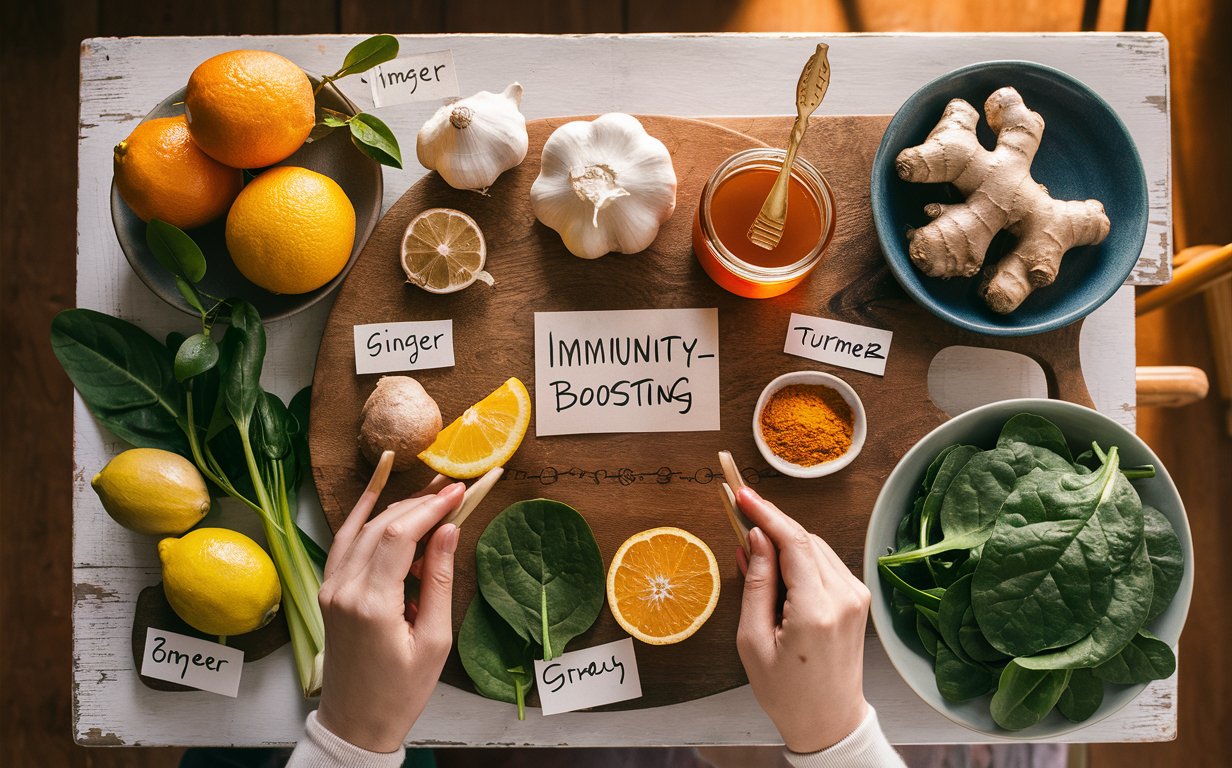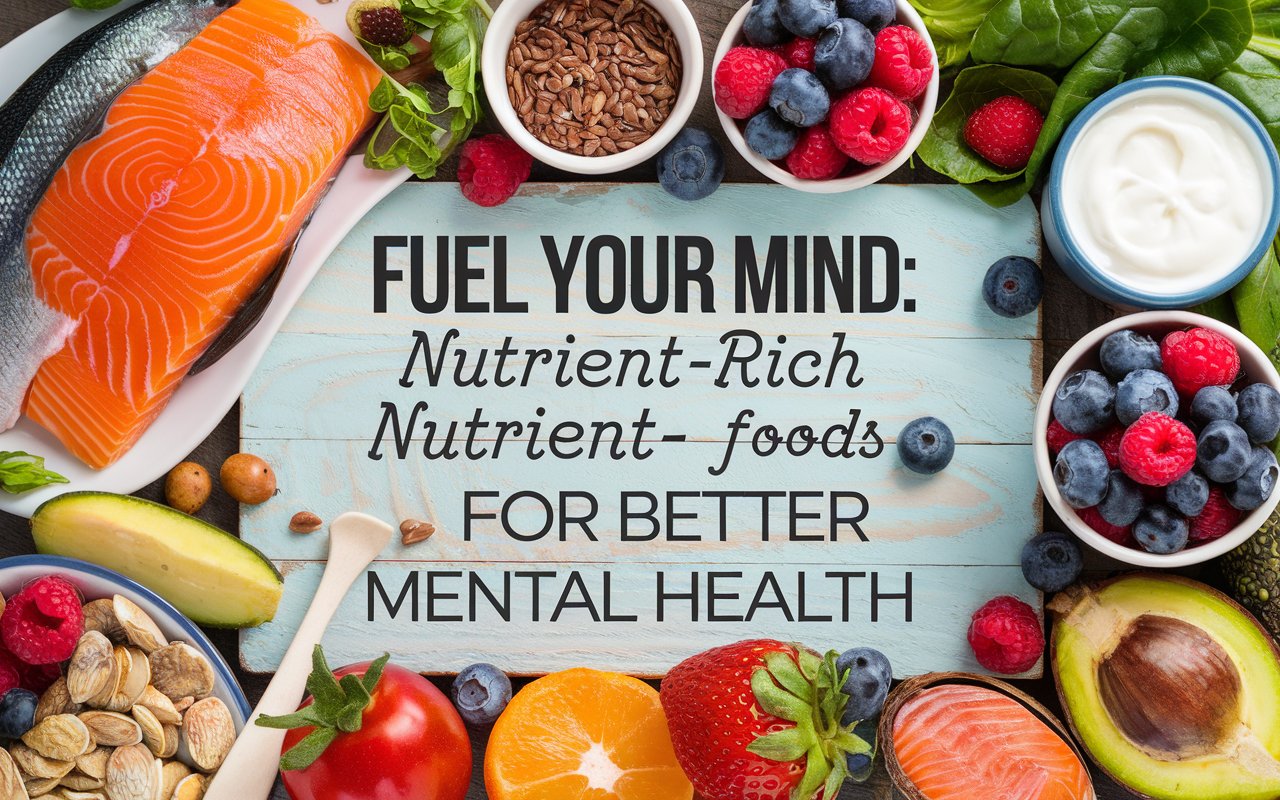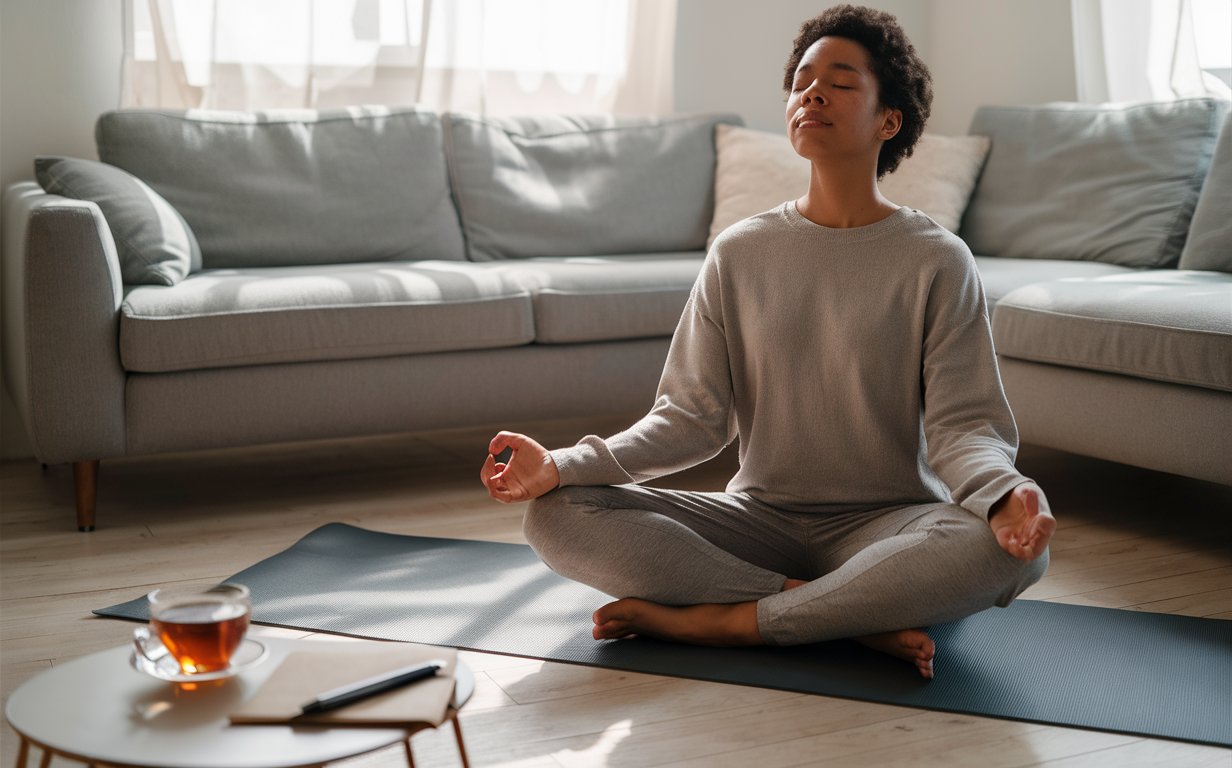Mental health is an integral part of our overall well-being, yet it often doesn’t receive the attention it deserves. As more people become aware of the importance of mental wellness, there is a growing interest in natural methods to support and improve mental health. In this article, we’ll explore various strategies on how to improve mental health naturally, offering practical tips and insights that can be easily incorporated into daily life.
Understanding Mental Health and Its Significance
Mental health encompasses our emotional, psychological, and social well-being. It influences how we think, feel, and behave in our daily lives, playing a crucial role in how we manage stress, interact with others, and make decisions. It influences how we think, feel, and act, and plays a crucial role in how we handle stress, relate to others, and make decisions. Mental health issues, such as anxiety, depression, and stress, are common and can significantly impact a person’s quality of life.
Recent studies show that mental health disorders are among the leading causes of disability worldwide, underscoring the need for proactive approaches to maintaining mental health. Understanding how to improve mental health naturally can help mitigate these issues and enhance overall well-being.
The Role of Nutrition in Mental Health

One of the most effective ways to improve mental health naturally is through diet and nutrition. The foods we eat can have a profound impact on our brain function and mood.
Omega-3 Fatty Acids: Essential for brain health, Omega-3 fatty acids can be found in foods like fish, flaxseeds, and walnuts. These nutrients have been shown to reduce symptoms of depression and anxiety.
B Vitamins: Foods rich in B vitamins, such as whole grains, beans, and leafy greens, are crucial for neurotransmitter production, which helps regulate mood.
Antioxidants: Consuming antioxidant-rich foods like berries and vegetables helps protect the brain from oxidative stress, a factor that can contribute to mental health issues.
Gut-Brain Connection: Research has revealed a strong link between gut health and mental well-being. Probiotics found in fermented foods like yogurt and kimchi can improve gut health, which in turn supports mental health.
Industry Insight: The rise in mental health-focused supplements, such as Omega-3 capsules, B-complex vitamins, and probiotics, highlights a growing trend in the health industry towards using nutrition to support mental well-being.
Exercise: A Natural Antidote for Stress and Anxiety

Physical activity is another powerful tool for improving mental health naturally. Exercise not only benefits the body but also has a significant impact on mental wellness.
Endorphin Boost: Exercise triggers the release of endorphins, often called “feel-good” hormones, which can elevate mood and reduce stress.
Effective Exercises: Activities like yoga, walking, and strength training are particularly beneficial for mental health. Yoga, for instance, combines physical movement with mindfulness, making it a great way to reduce stress and increase mental clarity.
Industry Insight: The surge in popularity of fitness apps and virtual workout programs that focus on mental wellness underscores the connection between physical activity and mental health. These platforms provide accessible ways for people to incorporate exercise into their routines, enhancing both physical and mental well-being.
Mindfulness and Meditation: Keys to Mental health Clarity
Mindfulness and meditation are increasingly recognized for their effectiveness in improving mental health naturally. These practices help individuals stay present, reduce stress, and gain better control over their thoughts and emotions.
Mindfulness Benefits: Regular mindfulness practice can alleviate anxiety, enhance focus, and improve emotional regulation by encouraging a non-judgmental awareness of one’s thoughts and feelings.
Types of Meditation: Different forms of meditation, including mindfulness meditation, guided meditation, and Transcendental Meditation, all aim to quiet the mind and reduce stress, each offering unique benefits.
Actionable Tips: Starting with just 5-10 minutes of meditation each day can make a significant difference. Apps that offer guided meditation can be a helpful resource for beginners.
Industry Insight: The rise of meditation apps and online courses reflects the growing demand for mindfulness and meditation practices. These tools make it easier for people to integrate these beneficial practices into their daily lives, contributing to better mental health.
The Importance of Sleep for Mental Health

Sleep is essential for mental health, yet many people overlook its importance. Quality sleep is crucial for emotional processing, memory consolidation, and overall mental rejuvenation.
The Link Between Sleep and Mental Health: Poor sleep can exacerbate mental health problems, while good sleep can enhance mood, cognitive function, and emotional resilience.
Tips for Better Sleep: Establishing good sleep hygiene is key. This includes maintaining a consistent sleep schedule, creating a restful sleep environment, and avoiding screens before bed.
Industry Insight: The market for sleep aids and tools designed to improve sleep quality is growing rapidly. Products such as weighted blankets, white noise machines, and blue light-blocking glasses are increasingly popular among those seeking to improve their sleep and, by extension, their mental health.
Building Strong Social Connections for mental health
Human beings are inherently social, and strong relationships are vital for mental health.”Social connections offer valuable support, alleviate loneliness, and foster a sense of belonging.”
Why Social Connections Matter: Engaging with family, friends, and community can enhance mental health by fostering a sense of purpose and reducing stress.
Creating a Support Network: It’s important to nurture relationships by staying in touch with loved ones, participating in community activities, and being open to seeking support when needed.
Industry Insight: The development of online communities and support groups, particularly post-pandemic, highlights the importance of social connections in maintaining mental health. These platforms offer spaces for people to share experiences, seek advice, and build meaningful relationships.
Managing Stress Naturally
Chronic stress is a major contributor to mental health problems. Learning how to manage stress naturally is crucial for maintaining mental well-being.
The Impact of Stress: Ongoing stress can lead to a range of mental health issues, including anxiety, depression, and burnout. Effective stress management is essential for overall mental health.
Natural Stress Relief Techniques: Practices such as deep breathing, spending time in nature, and aromatherapy can significantly reduce stress levels. Deep breathing exercises, for example, can activate the body’s relaxation response, calming the mind and reducing anxiety.
Industry Insight: The wellness industry has seen a rise in products aimed at natural stress relief, such as essential oils, herbal teas, and stress-relief supplements. These products are gaining popularity among those looking for natural ways to manage stress.
Creative Outlets: A Pathway to Emotional Expression
Engaging in creative activities can be an excellent way to improve mental health naturally. Creativity provides an outlet for expressing emotions and finding joy in the process.
The Power of Creativity: Creative activities like writing, painting, or playing music allow individuals to process emotions, reduce stress, and achieve a sense of accomplishment.
Finding Your Creative Outlet: Whether it’s journaling, painting, or crafting, finding a creative outlet that resonates with you can have a positive impact on your mental health.
Industry Insight: The popularity of adult coloring books, crafting kits, and other creative products reflects the growing recognition of creativity’s therapeutic benefits. These tools are especially appealing to those looking for mindful and relaxing ways to enhance their mental health.

Reducing Screen Time: A Digital Detox for Mental health Clarity
In today’s digital world, excessive screen time can negatively affect mental health. Taking steps to limit screen time and engage in regular digital detoxes can help improve mental clarity and reduce stress.
The Downsides of Too Much Screen Time: Overuse of screens, particularly on social media, can contribute to anxiety, depression, and feelings of isolation. It can also disrupt sleep patterns and overall mental well-being.
Implementing a Digital Detox: Set boundaries with technology by scheduling regular breaks, spending more time outdoors, and participating in offline activities. Consider dedicating specific days or hours each week to disconnect from digital devices.
Industry Insight: The rise of digital detox retreats and apps indicates a growing awareness of the need to balance screen time with offline activities. These tools help individuals take a break from technology and focus on improving their mental health naturally.
Conclusion
Improving mental health naturally involves making conscious lifestyle choices that support emotional and psychological well-being. By focusing on nutrition, exercise, mindfulness, sleep, social connections, stress management, creativity, and screen time, individuals can take meaningful steps towards better mental health.
While natural methods can be highly effective, they should complement professional mental health care when necessary.




